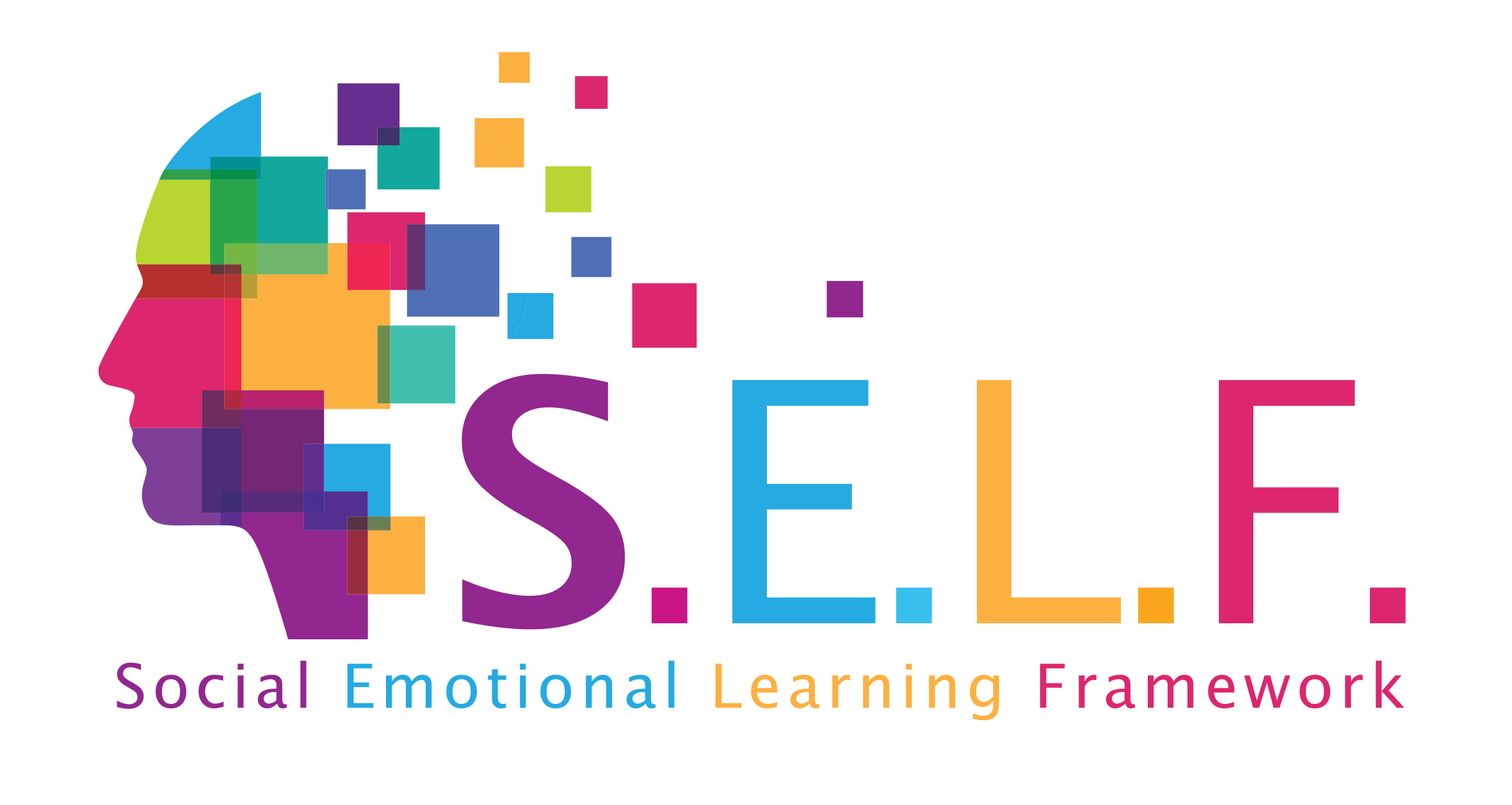SELF-MANAGEMENT
What Is Self-Management?
Why Is It Important?
Best Practices
What Is Self-Management?
“A fight is going on inside me. It is a fight between two wolves. One represents anger, envy, sorrow, regret, greed, arrogance, self-pity, guilt, resentment, inferiority, lies, false pride, superiority, and ego. The other represents joy, peace, love, hope, serenity, humility, kindness, benevolence, empathy, generosity, truth, compassion, and faith.”
The grandson thinks about it for a while and then asks his grandfather, “Which wolf will win?” The old man simply replies, “The one you feed”.
The story tells that we all have a choice about how to react to situations. Responding positively or negatively to things depends on our way of thinking and behaving. Feeding the “good wolf” requires making proactive choices and having self-management skills.
Self-management is the ability to face emotional, social, and cognitive threats around us patiently and mindfully. Self-management requires controlling destructive feelings and impulses, and thinking before acting. It is one of the five domains of emotional intelligence, a concept developed by Psychologist Daniel Goleman. Emotional intelligence is a crucial skill since it raises awareness of your own and others’ emotions and needs. Self-management is vital because it helps you respond properly to things and express yourself appropriately.
Why Is It Important?
Self-awareness and self-management are important for children in two aspects.
Emotional Awareness and Emotion Management
- Students with strong emotional awareness tend to experience positive changes in such skills as problem-solving, empathizing, cooperating, and sharing, while they are less likely to bully their peers.
- Adolescence is a period when children are challenged in terms of emotional regulation skills. Research shows that there is a negative correlation between conscious awareness and anxiety. In other words, adolescents with strong emotional awareness have lower levels of anxiety. In addition, it is observed that there is a positive correlation between conscious awareness and functional emotional awareness.
- Another study argues that there is a positive correlation between video game addiction and the capability to regulate emotions.
- One other study conducted on high school students concludes that non-functional emotional regulation skills are a significant precursor of aggression.
- A study conducted with middle school students argues that there is a significant relationship between students’ emotional intelligence score and bullying/being victimized.
- A study conducted on pre-school students points that when children’s emotional regulation skills are stronger, they fewer behavioral problem

Cognitive Awareness and Self-Regulation
- Through Cognitive Awareness, an individual can reflect on their whole conscious cognitive and effective experiences accompanied by intellectual development. And this is what lays the foundations of teaching.
- According to research, there is a significant relationship between metacognitive awareness, problem-solving perception, and the need for thinking.
- Data obtained from another study reveals that there is a significant correlation between students’ cognitive awareness levels and the strategies they use for planning the reading activity, arranging, and evaluation.
- Studies conducted with the youth indicate that students with strong self-regulation skills have lower internet addiction levels.
- There are also studies that indicate that there is a negative connection between smartphone addiction and self-regulation skills in adolescents. The stronger self-regulation skills are, the lower tendency there is to develop smartphone addiction.
